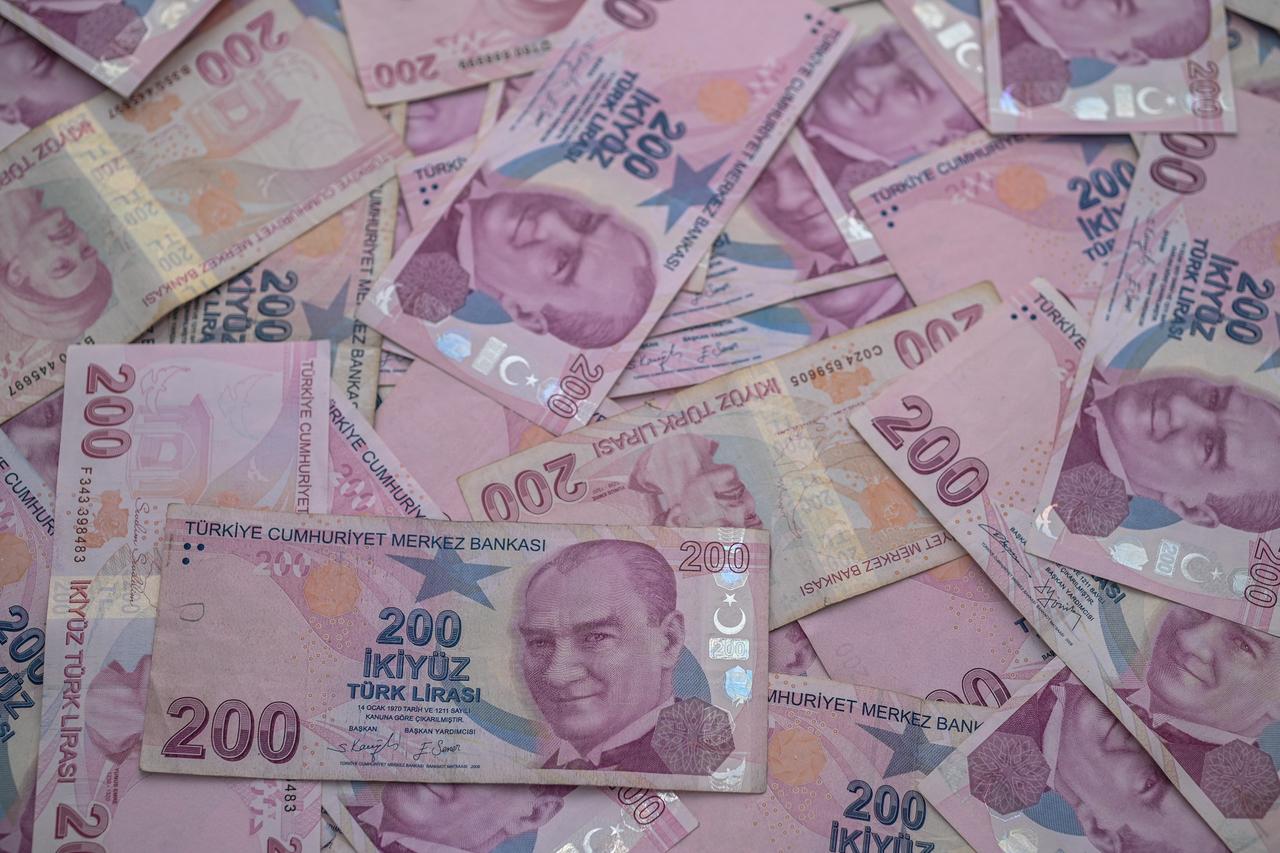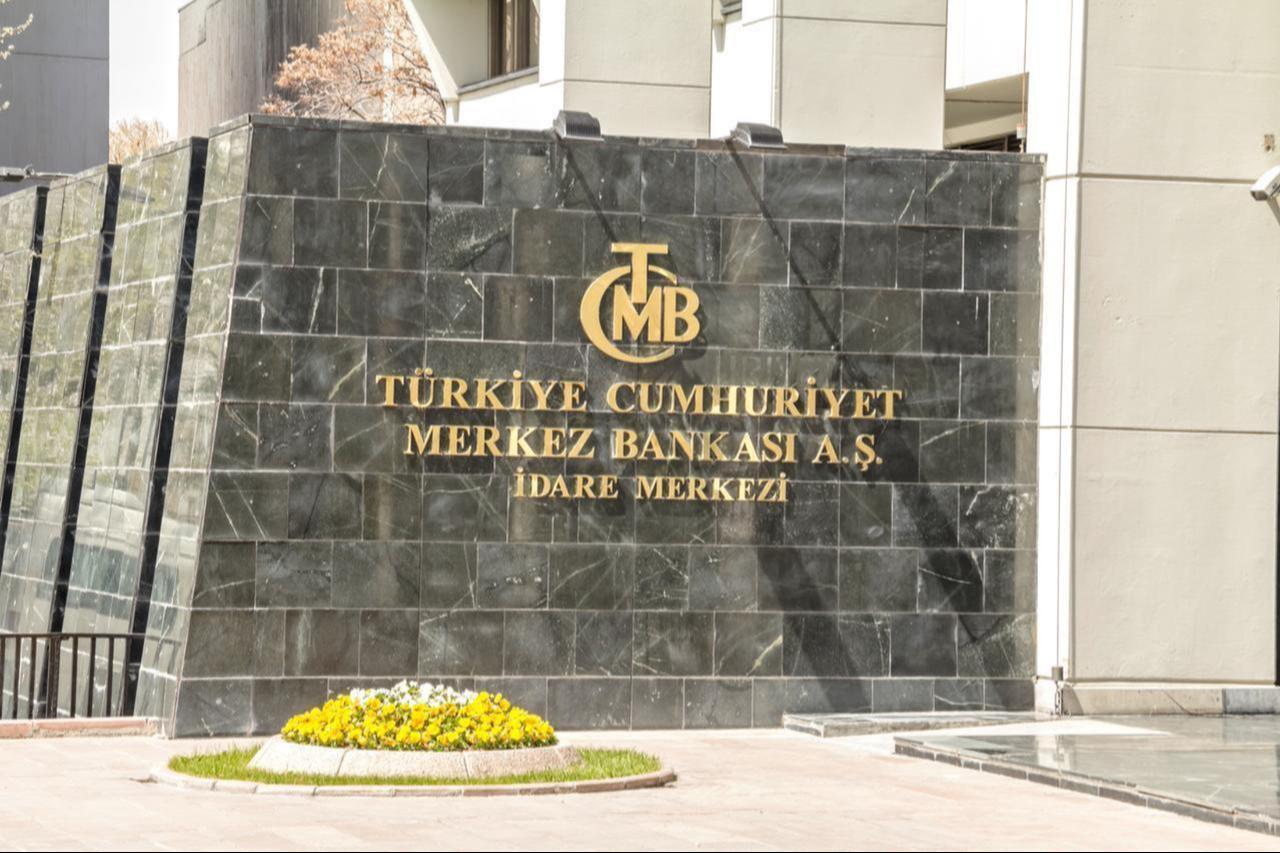
Türkiye's Economic Coordination Board pledged to continue its fight against inflation without compromising fiscal discipline during the 2026-28 Medium-Term Program period, following the board's sixth meeting of the year.
"In the Medium-Term Program (2026-28) period, we will resolutely continue our fight against inflation and will not compromise on fiscal discipline," the board said in a written statement.
"In order to ensure the permanence of the gains we have achieved in the economy with the vision of the Century of Türkiye, we will continue to take steps to support value-added investment, employment, production and exports, and to improve the business and investment environment."
The meeting was chaired by Vice President Cevdet Yilmaz at the Presidential Complex, with key economic ministers and central bank officials in attendance.

The board highlighted substantial improvements in macroeconomic indicators achieved through policies implemented over the past two years.
"Significant improvement has been achieved in macroeconomic indicators with the program we have been implementing with determination for two years," the statement said.
"In this period when global uncertainties and protectionist policies have increased, our macro-financial stability has strengthened and our economy has gained a more resilient structure," the statement added.
Officials noted that annual inflation in July 2025 decreased by approximately 42 percentage points compared to May of the previous year, demonstrating the effectiveness of coordinated anti-inflation measures.
The board reported that economic growth has achieved a more balanced structure, while employment increased and unemployment rates have remained in single digits for 27 months. Despite global uncertainties and geopolitical risks, exports reached historic high levels.
"With the contribution of positive performance in exports and tourism, the ratio of current account deficit to national income has decreased to sustainable levels," the statement said.
International reserves have increased while the country's risk premium has decreased. The board also noted the completion of the Currency Protected Deposit application, described as "an important contingent liability."

"The ratio of budget deficit to national income has decreased and fiscal discipline has been strengthened," officials said, emphasizing that these achievements clearly demonstrate the program's effectiveness.
The board confirmed that structural reforms supporting monetary and fiscal policies continue to be implemented according to a schedule determined through strong coordination among institutions.
Preparations for the 2026-28 Medium-Term Program are being conducted with a transparent and participatory approach, incorporating contributions from public institutions, private sector, and civil society organizations, similar to previous years.
During the meeting, board members conducted detailed evaluations of basic policy targets, macroeconomic forecasts, and budget figures. They discussed structural policy areas and measures needed to achieve these targets.
The board comprehensively reviewed steps to be taken toward strengthening macro-financial stability, ensuring price stability, accelerating structural transformation in industry along with green and digital transformation, strengthening human capital, improving business and investment environment, and promoting high-value-added production and exports.
"The ultimate goal of the economic program we implement is to increase social welfare by ensuring high, sustainable and inclusive growth," the statement said.
"The most important prerequisite for this is the permanent establishment of price stability," the statement concluded.